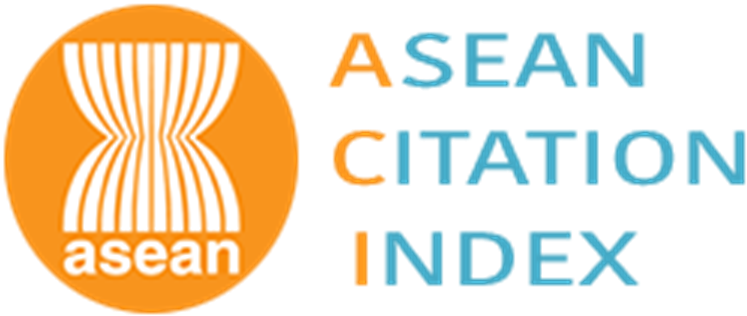รูปแบบคลาวด์เลิร์นนิงแบบอัจฉริยะเพื่อพัฒนาการรู้ดิจิทัลและทักษะการเรียนรู้แบบร่วมมือกัน
Model of Intelligent Cloud Learning System to Develop Digital Literacy and Collaborative Learning Skills
Abstract
คลาวด์เลิร์นนิงแบบอัจฉริยะ เป็นเครื่องมือสำหรับการเรียนรู้ที่สามารถปรับเปลี่ยนรูปแบบการให้เนื้อหาและแบบทดสอบแก่ผู้เรียนที่เหมาะสมตามลักษณะการเรียนรู้รายบุคคลและกิจกรรมแบบกลุ่ม งานวิจัยนี้มีวัตถุประสงค์ 1) เพื่อออกแบบรูปแบบคลาวด์เลิร์นนิงแบบอัจฉริยะเพื่อพัฒนาการรู้ดิจิทัลและทักษะการเรียนรู้แบบร่วมมือกัน 2) เพื่อประเมินความเหมาะสมของรูปแบบคลาวด์เลิร์นนิงแบบอัจฉริยะเพื่อพัฒนาการรู้ดิจิทัลและทักษะการเรียนรู้แบบร่วมมือกัน โดยใช้แบบสอบถามสำหรับประเมินความเหมาะสมขององค์ประกอบของคลาวด์เลิร์นนิงแบบอัจฉริยะ ในด้านการออกแบบองค์ประกอบของรูปแบบคลาวด์เลิร์นนิงแบบอัจฉริยะ จากผู้เชี่ยวชาญจำนวน 7 ท่าน ที่มีประสบการณ์ด้านการออกแบบการเรียนการสอน และเทคโนโลยีการศึกษา ผลการวิจัยโดยใช้แบบประเมินความเหมาะสม พบว่า รูปแบบคลาวด์เลิร์นนิงแบบอัจฉริยะเพื่อพัฒนาการรู้ดิจิทัลและทักษะการเรียนรู้แบบร่วมมือกัน มีค่าเฉลี่ย 4.48 (ส่วนเบี่ยงเบนมาตรฐาน 0.51) มีความเหมาะสมอยู่ในระดับมากที่สุด
Intelligent cloud learning system is a learning tool which is used to adaptive suitable contents and tests for individual learners’ and group activities. The purposes of this research comprise: 1) to design intelligent cloud learning system to develop digital literacy and collaborative learning skills; and 2) to evaluate the appropriateness of the model of intelligent cloud learning system to develop digital literacy and collaborative learning skills Questionnaires were used to evaluate the appropriateness of the model on the components of intelligent cloud learning system from seven experts who have experiences in designing learning model and education technology. From the results, it can be concluded that the overall appropriateness of the model of intelligent cloud learning system to develop digital literacy and collaborative skills reaches the mean score of 4.48 (S.D. is 0.51) with very high level of the appropriateness.
Keywords
DOI: 10.14416/j.kmutnb.2019.03.002
ISSN: 2985-2145





